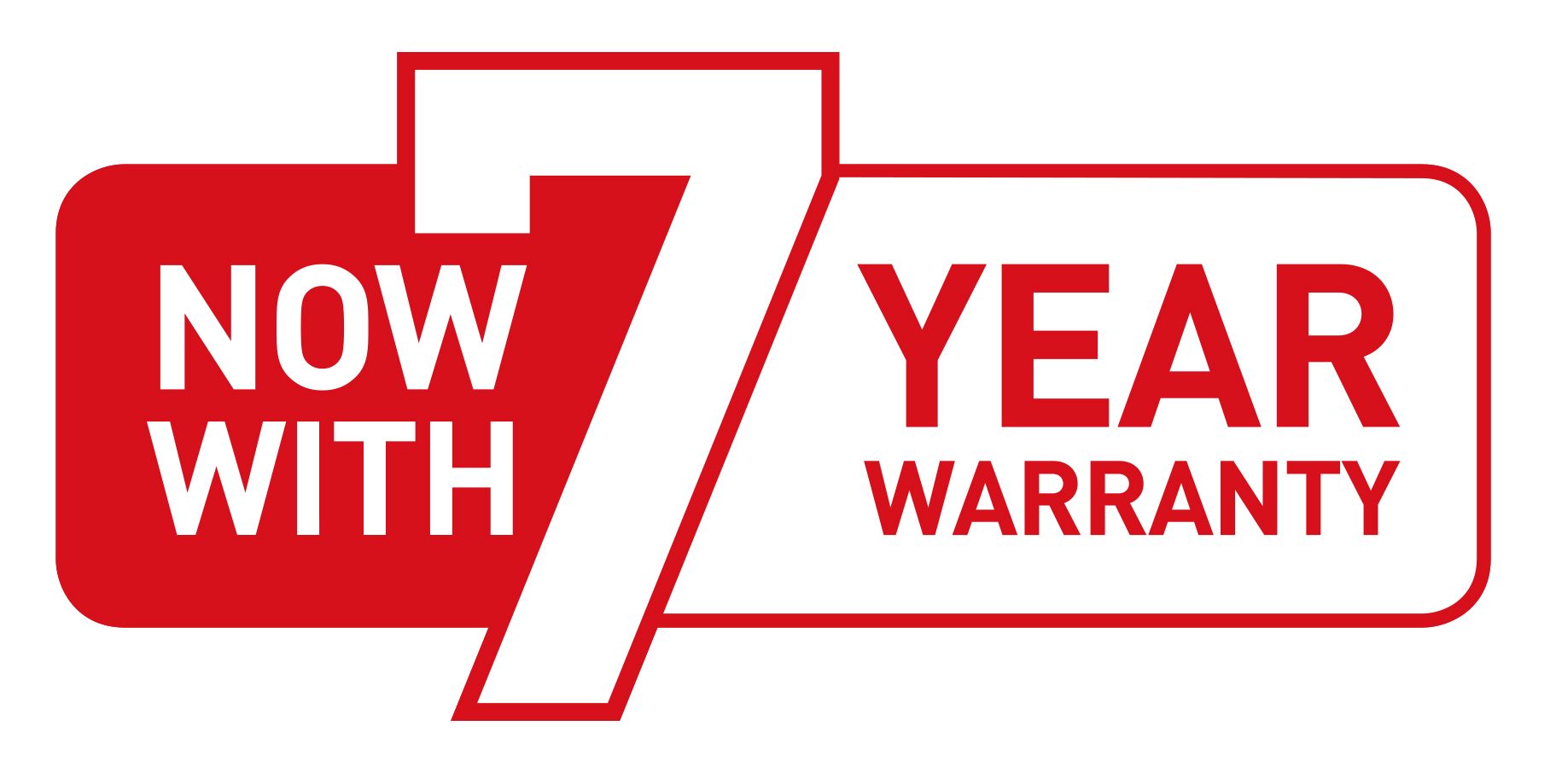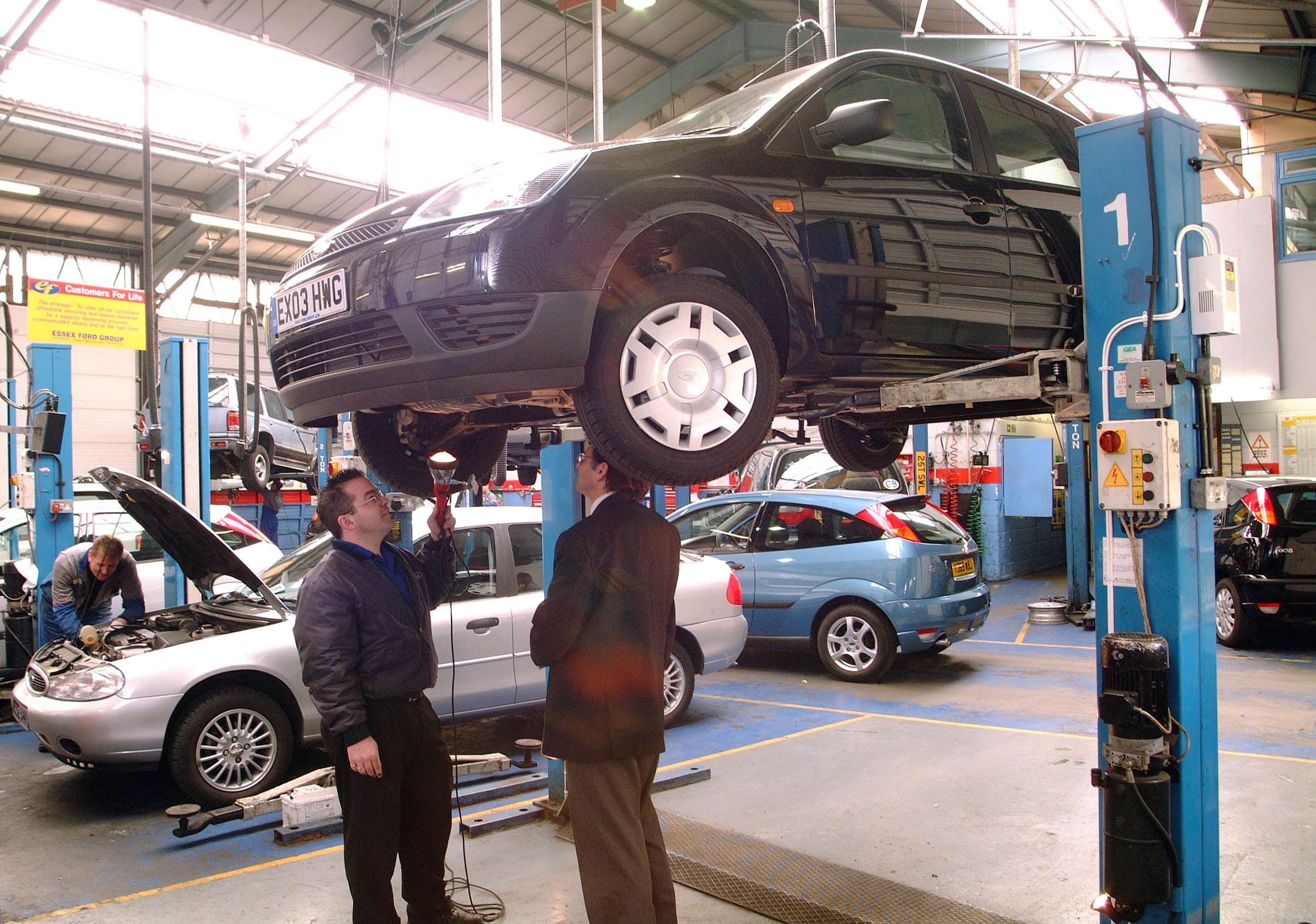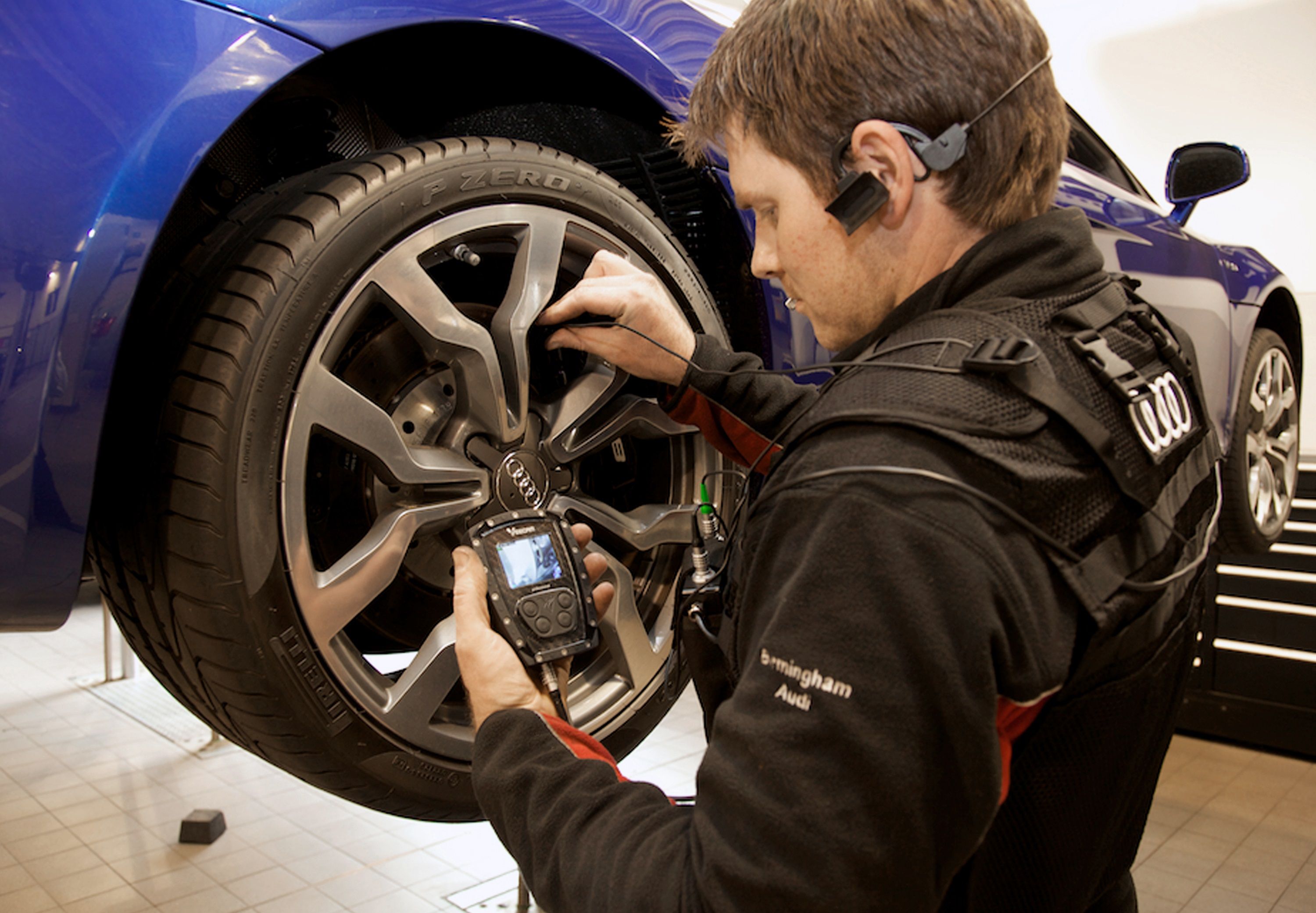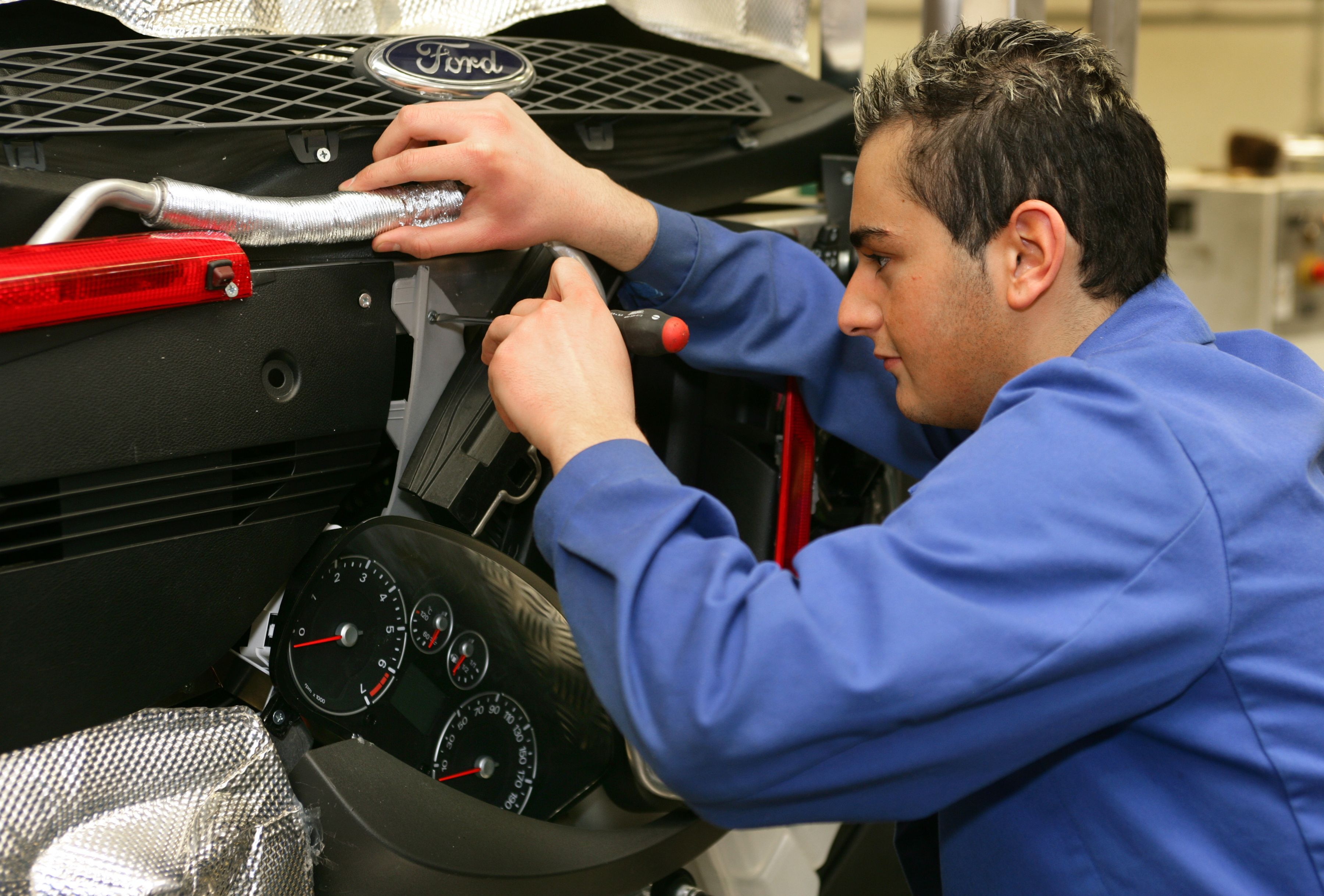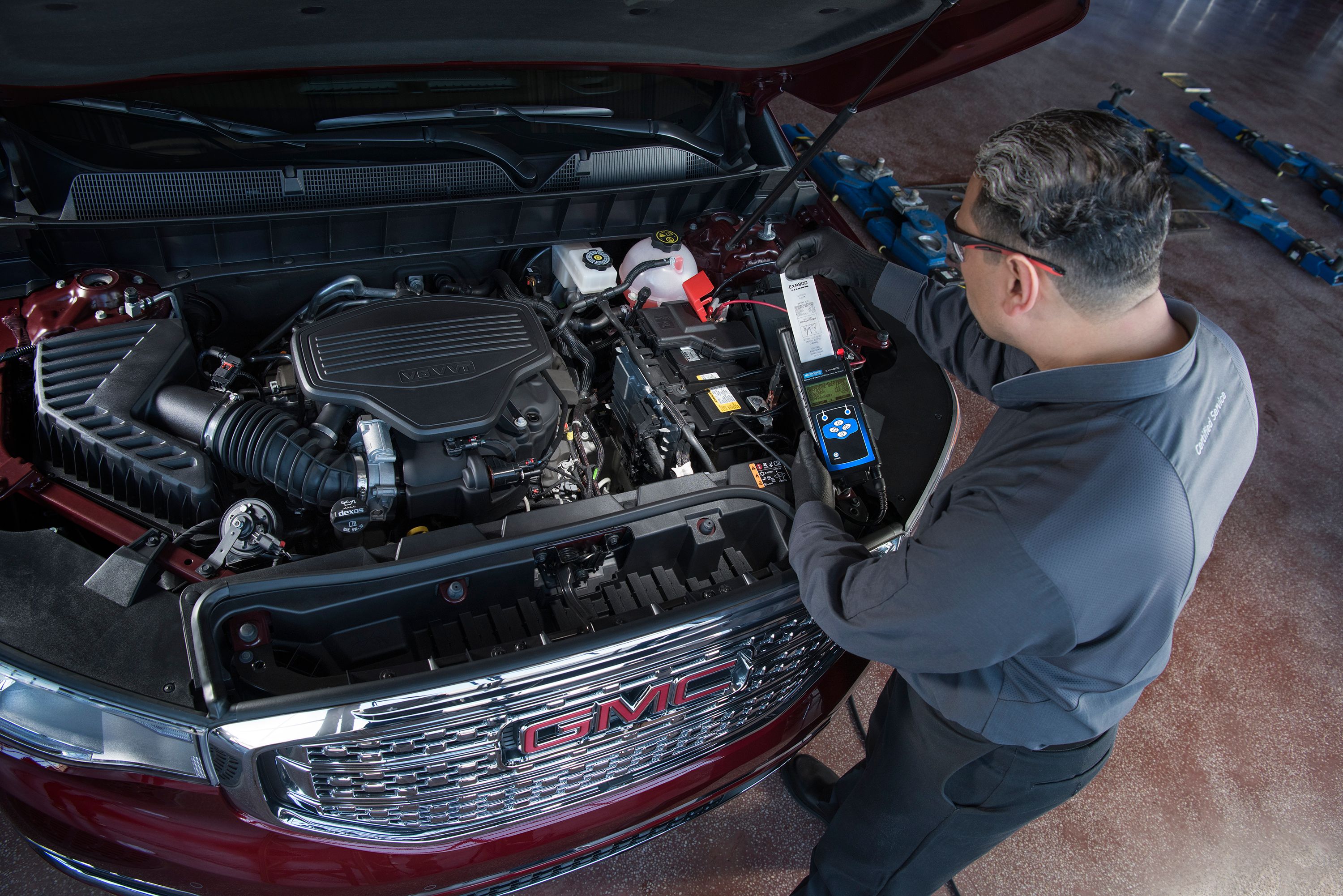An extended Auto Warranty is a term that is frequently thrown around, but is it something you actually need? If so what kind of Extended Warranty should you go for? In this article, we will try to simplify the process of choosing an extended warranty by helping you choose the plan that's right for you.
What's an Extended Car Warranty
By definition, an extended warranty program is a service contract provided by either the manufacturer or a third party vendor, that extends the manufacturer's warranty coverage for the repair or replacement of parts. Buying one usually prolongs the duration of coverage provided by a vehicle’s factory warranty, in certain cases, these plans can be purchased even after the factory warranty runs out.
These service contracts are designed to cover the costs of certain services beyond the scope of the manufacturer's warranty or after the warranty ends, but the kind of coverage and added benefits wildly vary depending on the provider, so here are a few points to keep in mind before you start hunting for an extended warranty.
- The average cost of an extended warranty program can range between $1,600 to $4,500. It doesn't just end there, there are usually per-visit or per-repair deductible charges that usually can go as high as $100.54. Certain brands do offer Zero-deductible plans but the most important point is that quoted prices aren't final, there's always room for negotiation so research and refer to different agencies/providers to get the best possible deal.
- All manufacturers offer a basic warranty on their products by default that covers repairs to essential parts, These components usually include the engine and transmission for a set number of years or miles which can range anywhere from one year and in some cases up to five years or even higher.
- Based on expert analysis, Endurance is the leader in the extended warranty space, closely followed by CARCHEX and Protect My Car. Apart from these or any other third-party provider, one can always opt for an in-house extended warranty offered by the manufacturer which tends to be an easier experience and can be added at the time of the vehicle's purchase.
- Companies have also started offering extended warranty services for used cars. It adds all the befits as discussed above to your used car and can be worth the extra cash if you intended to keep the vehicle for a long time.
What does an Extended Warranty offer?
All new cars offer a manufacturer's warranty, however, they don't cover repairs of all types, for instance, electrical components or failure with wiring aren't always covered because a basic manufacturer warranty is designed to cover only basic mechanical components which usually include engine and transmission. Fortunately, extended auto warranty services are designed to cater to such scenarios and offer coverage for such components depending on your plan and thus helping you avoid major repair bills.
Extended Warranty programs unlike auto insurance, do not cover damages caused during an accident. These are strictly designated for components that break down due to normal use which are not expected to fail normally. These plans do not cover nonmechanical components which are prone to wear and tear. Some of those components are:
- Tires
- Bumpers
- Brakes
- Wipers
- External trim
- Suspension bushes
- Shock Absorber
Similar to most insurance policies, an extended warranty has a waiting period before the coverage starts. This is a failsafe designed to protect the warranty provider from cases where someone purchases a warranty right after discovering a major problem with their vehicle. This period is usually 30 days and 1,000 miles after which any issue can be claimed under the warranty. Once a claim is submitted, the warranty provider will process the claim amount which does not include deductibles in most cases in a set number of days which should be mentioned in your warranty plan.
Dealer Warranty vs. Third-Party Warranty
Manufacturer Warranty:
Extended warranty programs provided by the manufacturer are more convenient when it comes to making claims and promise to offer a hassle-free experience. They can also be added at the time of purchase making it the least cumbersome option when it comes to extended warranties however you will end up paying interest on it if you go for any form of financing at the time of purchase. So consider a manufacturer plan in cases where you plan to pay for your car upfront. Here are some pros and cons of a manufacturer warranty:
Pros:
- Manufacturer will only use OEM parts designed for the vehicle.
- Trained technicians will be able to cater better to the said brand's vehicles.
- Easily available and can be added conveniently when you purchase the vehicle.
Cons:
- You can only visit authorized service centers which might not be as convenient as visiting your nearest garage.
- Company extended warranties tend to cost more than third-party plans.
- It can be easily void if they find the vehicle has been tampered with by others, which prevents people from DIYs and urgent repairs.
Third-Party Warranty:
As is the case with most insurance companies, third-party warranty providers offer a lot of perks such as the convenience of choosing your preferred repair shop, affordable plans with flexible payment options, the ability to opt-in even after the manufacturer's factory warranty runs, and more. However, processing claims and tying up with your local repair shops might not be as seamless an experience like the one offered by a dealership. So consider a third-party warranty only after studying the claim process and speak to your nearest repair shop for the best possible results.
Pros:
- Can visit your nearest garage which is more convenient.
- Plans usually come bundled with added services like roadside assistance.
- They offer more flexibility and are usually cheaper than the extended warranty offered by manufacturers.
- Can be purchased at any time and can even be added to used vehicles.
Cons:
- One always runs the risk of getting cheap aftermarket replacement parts instead of genuine OEM components.
- Quality of service is hard to guarantee.
- One has to purchase a plan separately after purchasing the car which makes it less convenient than a manufacturer extended warranty.
Factors to consider:
Cost and Type of coverage:
Make sure you look for a plan that suits your vehicle. A basic plan may be sufficient if you own a car from a reliable brand and the extended warranty is more of a worst-case solution. However, if you own a car with questionable reliability records or a luxury car where replacement parts can cost a fortune, then a comprehensive plan that covers more than just your basic drivetrain and electrical components is highly advised.
BBB ratings:
Always look for a high Better Business Bureau rating to get a good idea of how the brand handles its customers and whether its services are satisfactory or not.
Type and Age of your car
Before getting an expensive extended warranty plan, you should know what kind of vehicle you plan to purchase and how long you plan to keep it. For instance, a comprehensive extended warranty plan can be beneficial in the case of an expensive used car or a new luxury car, but not for a Civic or a Corolla that you plan to use for less than 10-years. You should also factor in your annual running because if you don't cover a lot of miles, then the chances of things going wrong are drastically reduced.
Go for Guarantee
All established companies will offer a money-back guarantee which can come in handy if you don't find the plan benefits and could save you a lot of money.
Top Third Party Warranty providers
Endurance:
Endurance offers Coverage for cars up to 20 years old which makes it ideal for used car owners. They offer hassle-free inspection after which the claim can be filed, making the entire process foolproof and they aim to ensure that you don't miss minor details which might cause you trouble in the future. They also offer membership benefits which add to the whole customer experience and help them secure the top spot.
CARCHEX:
Another established player with over two decades of experience, CARCHEX offers coverage for cars with up to 250,000 miles which makes them a great choice for people who plan to purchase a warranty for their heavily used vehicles. They offer a wide range of policies some of which offer industry-leading claim filing processes. With an A+ rating from the Better Business Bureau, CARCHEX should be on your list when shopping for an extended warranty.
Protect My Car
Protect My Car is one of the top consumer-rated warranty providers in the business backed by high BBB. They offer combo plans that include maintenance packages along with the added warranty and even go the extra mile by offering services like Oil changes and tire rotation for added convenience. Coverage for older vehicles and long-term payment options are other highlights that make Protect My Car one of our top picks.
CarShield
With a 4.1 out of 5 rating on google, CarShield is a highly reputed extended warranty provider, they have built a reputation for having some of the best agents in the business, who ensure hassle-free settlement. With added benefits like 24/7 roadside assistance, flexible payment options, and the ability to choose a garage of your choice, they have built a reputation for their excellent customer service which makes them one of our top picks.
|
Third-Party Provider |
1. Endurance |
2. CARCHEX |
3. Protect My Car |
4. CarShield |
|---|---|---|---|---|
|
Best For |
Drivers looking for plenty of coverage options and good customer service |
Coverage of used cars with almost any age or mileage |
A variety of plans, including one for motorcycles and ATVs |
Drivers looking for long term lengths or month-to-month payments |
|
Motor1 Rating |
4.6 |
4.4 |
4.3 |
4.2 |
|
Coverage Levels |
6 |
5 |
3 |
6 |
|
Years in Business |
15 |
22 |
16 |
16 |


